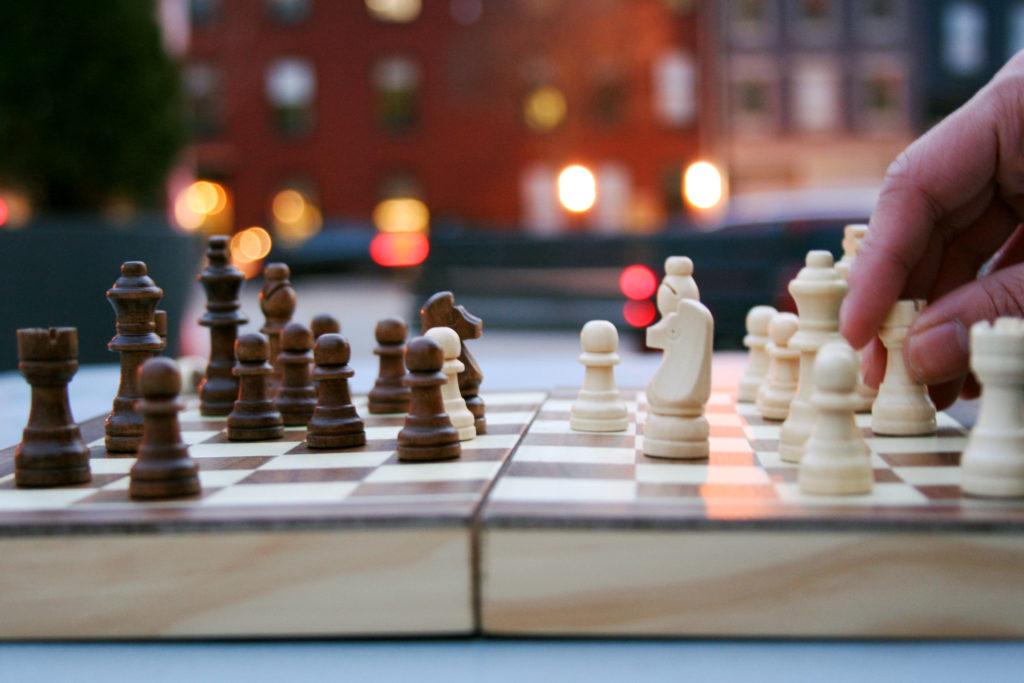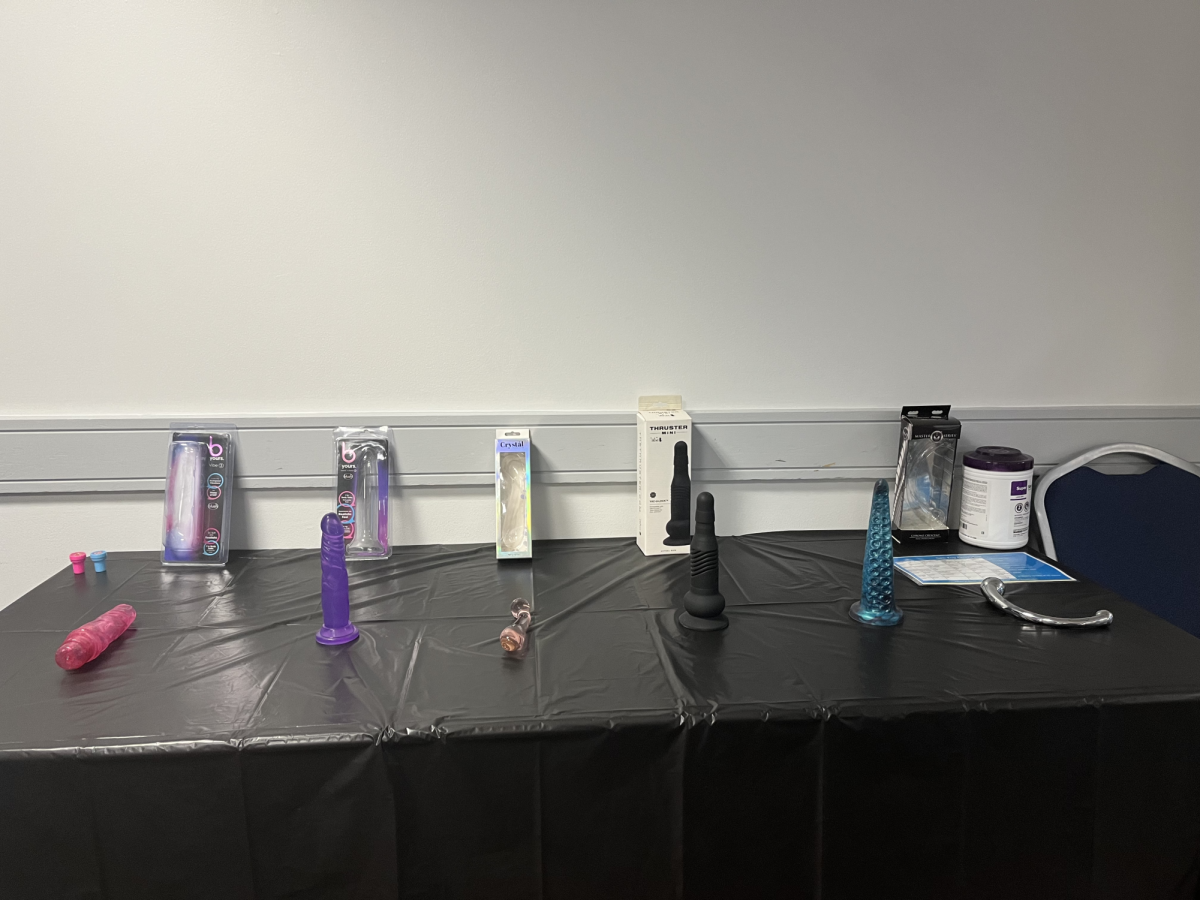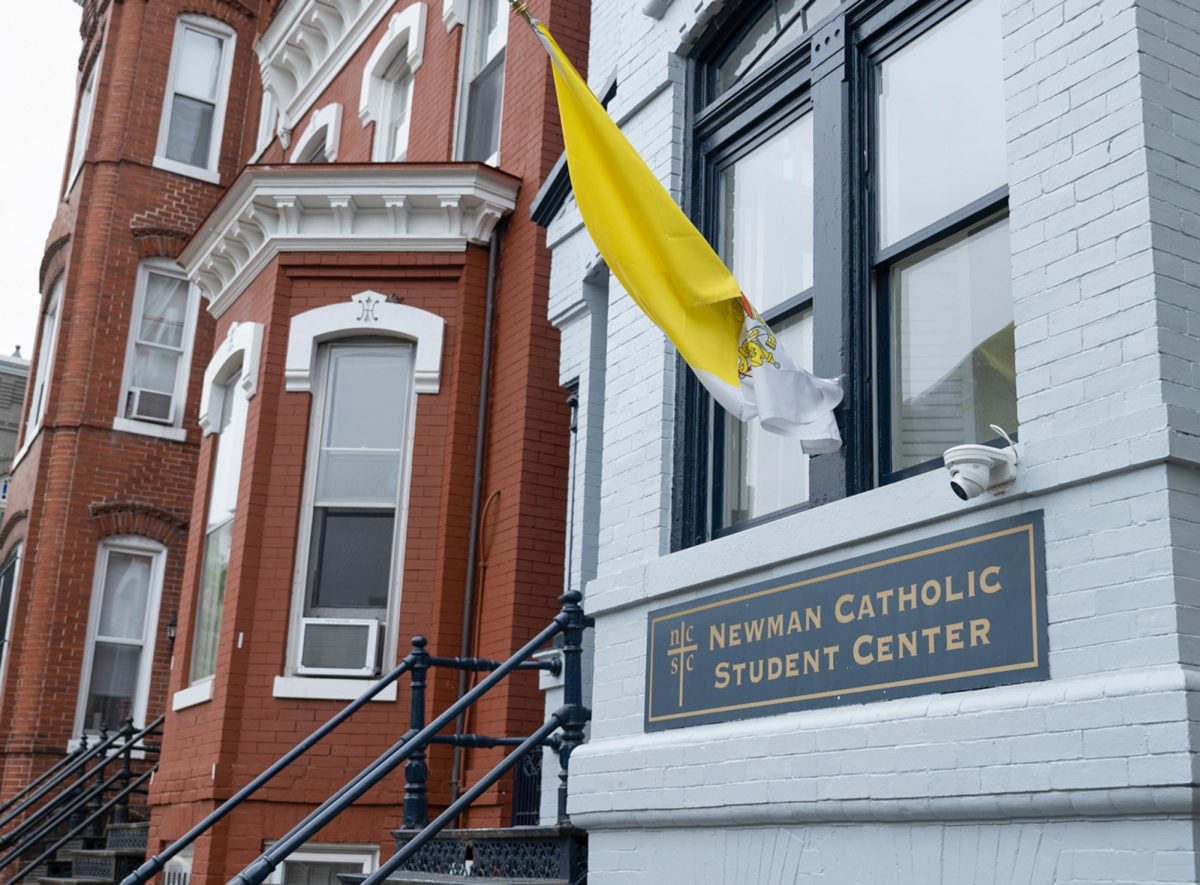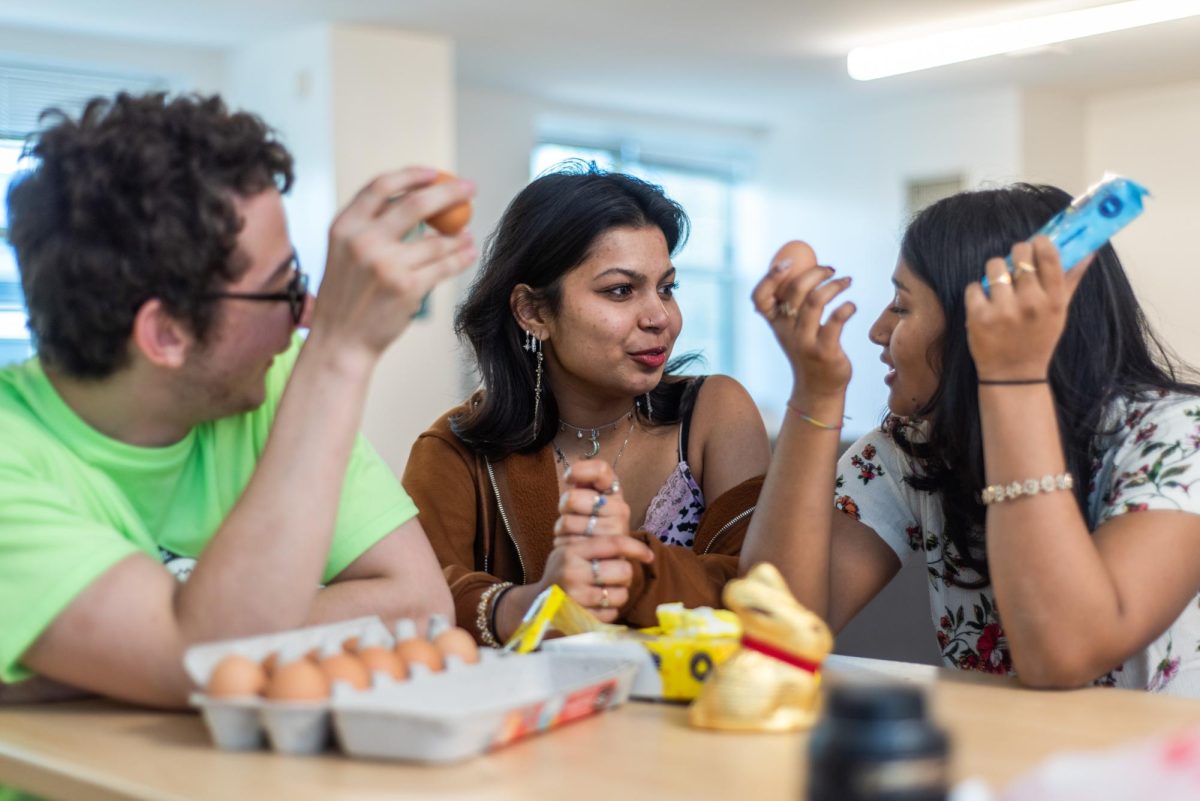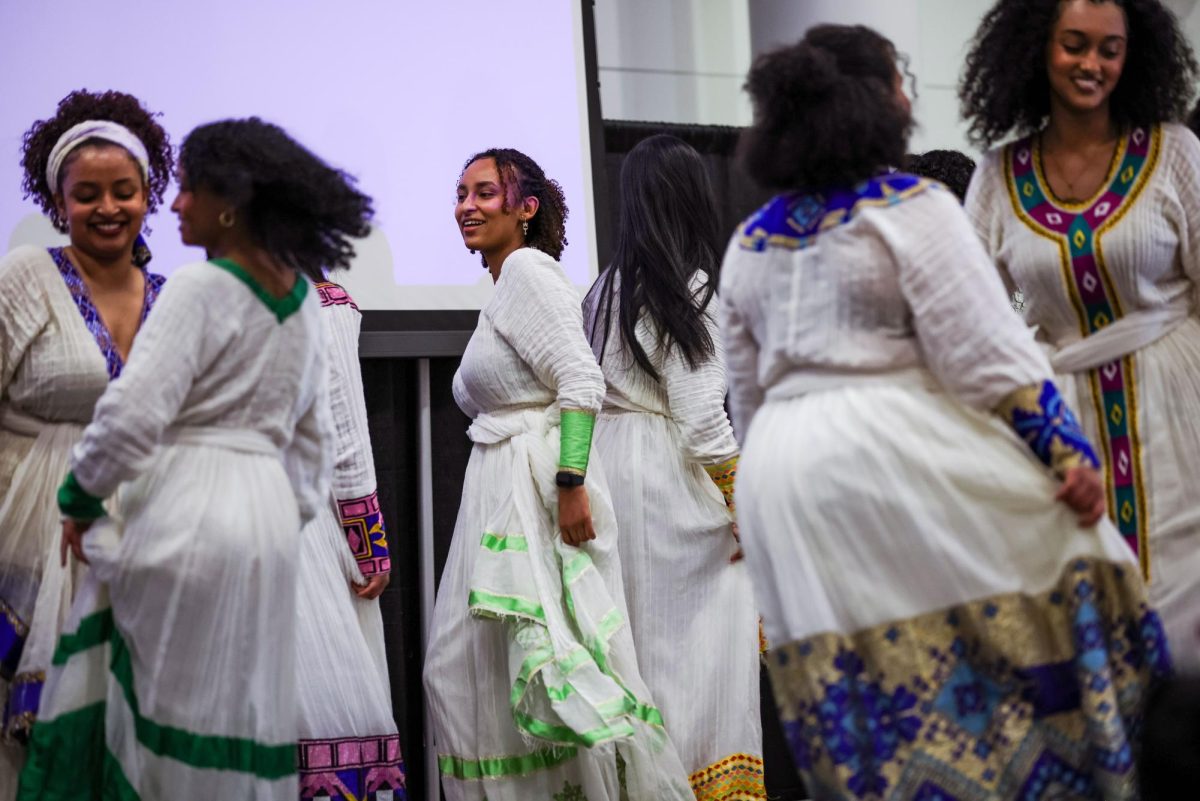Updated: Jan. 18, 2022 at 6:26 p.m.
For many people, watching The Queen’s Gambit may have been the first time they were introduced to the ins and outs of a chess game. But the D.C. chess scene is alive and well, expanding in size and diversity, with a primary hub right outside the Foggy Bottom Metro station.
GW Chess Club has spent the last year organizing events and gathering with community members to play games. Members of the club said they enjoy D.C.’s chess scene for its diversity and community-building aspect, and they hope to continue eliminating barriers to the game, like intimidation and presumed exclusivity, for newcomers.
Ian Ching, the treasurer of GW Chess Club, helped put on the events and frequently visits the Foggy Bottom Metro station to play games.
“Over last spring we did play a lot with a local community here by the Foggy Bottom station, and I think we went there almost on a weekly, biweekly basis just to go play a few games,” Ching said.
Ching said the club hopes to continue to popularize chess within the GW community and draw in members who may have been deterred by the game’s perceived exclusivity.
“What we like to do at chess club is we do it on the tables at District so that anyone can come,” Ching said. “Versus if you put it into a room in District, someone has to open the door and walk in, and that’s a lot of times, that itself is going to be a barrier.”
Ching helped organize a simultaneous chess event this fall, a game in which one player faces multiple opponents at the same time. John Griffin, a community member who has been playing chess since 1960, played with 15 members of the club, winning 13 games and drawing in only two.
“It’s the mental challenge, trying to out-wit your opponent,” Griffin said. “It’s sort of like a war game. For some people it’s recreation. But if you do two things it’s about consistency. Play a lot. Study a lot.”
Justin Diamond, the president of GW Chess Club, attributes much of the club’s increase in membership over the past year to the popularity of the 2020 Netflix series, The Queen’s Gambit.
“The TV show probably did more for chess than anything in chess history,” Diamond said.
Diamond said he enjoys the analytical aspects of the game, and he studies the history of chess, his own prior games and chess tactics. He has also found chess has increased his focus because some of the skills necessary to be successful in chess like analytical thinking and patience translate well to academic settings.
“The best thing about chess is that it is really good for developing good study habits,” Diamond said. “My GPA has gone up pretty significantly with my chess rating. It helps your focus.”
After learning the basics as a kid, Diamond started playing chess again in 2020, coming to the Foggy Bottom Metro station daily to hone in his skill. It was there that he met Griffin, who helped teach him how to play the game and took him to his first tournament.
Simon Sholom, a GW Law alumnus and current DMV resident who’s involved in the D.C. chess scene, regained interest in chess again during retirement after only playing before college.
“The future of chess is young – also the young crowd is very diverse,” Sholom said. “A higher proportion of women than other age groups, a much higher proportion of all kinds of ethnic groups. That’s cool to see.”
Sholom has found that chess has a way of eliminating differences and bringing people together, and that is a big part of his love of the game.
“Once a game starts, it doesn’t matter who your opponent is,” he said. “It doesn’t matter if they are a 9-year-old-girl or some really old guy or what language they speak because the language you are speaking is on the chess board.”
When sophomore Maddie Bedard joined GW chess club, she was surprised to find she was not the only woman in the organization dedicated to a typically male-dominated game.
“I was shocked that I wasn’t the only woman in the team,” Bedard said. “I went in with that expectation that it’s going to be a bunch of guys, and I might be the lone wolf of the girl pack, but surprisingly there were a few girls. But definitely having another representation of women playing chess was soothing to see.”
This post has been updated to reflect the following correction:
A previous version of this article misspelled Simon Sholom’s name. His name is now correctly spelled. A previous version of this post also misstated a quote from Sholom. The quote is now updated.


